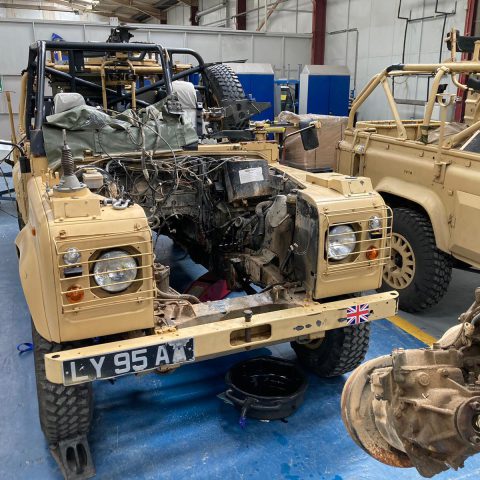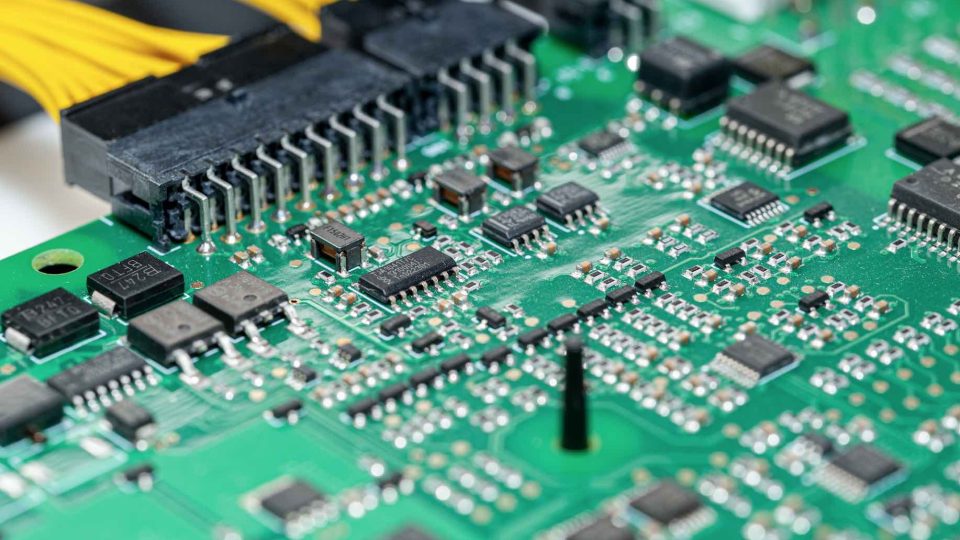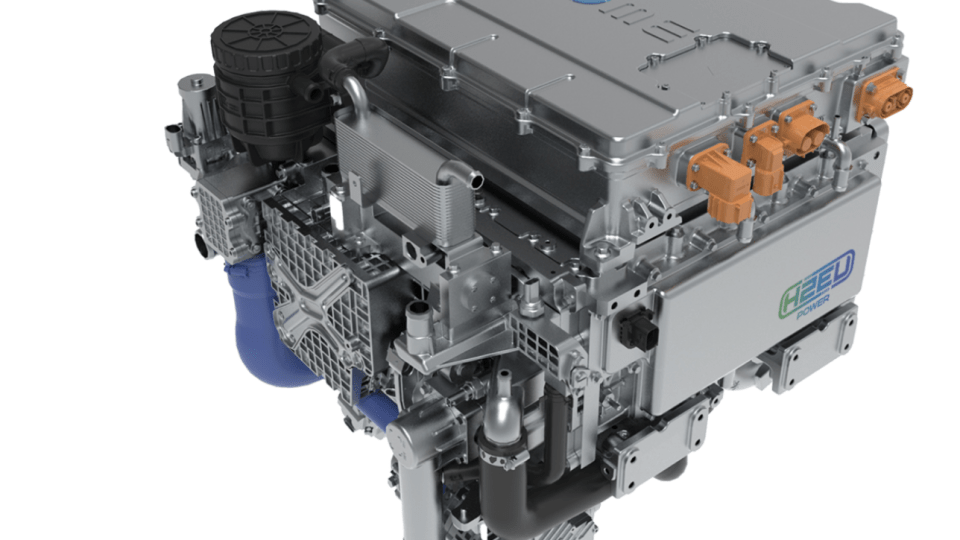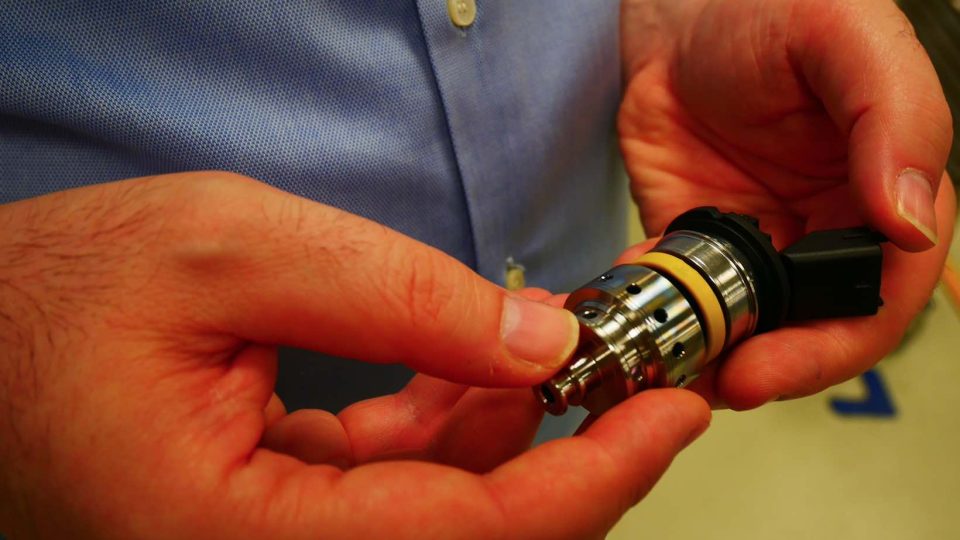Babcock and Electrogenic to support British Army with electric vehicle conversion
Partnering with Electric Vehicles (EV) experts, Electrogenic, Babcock will convert four in-service military Land Rovers, two protected vehicles and two general service, from diesel fueled to EV using a drop-in kit and modified battery system.

The defence company Babcock International has been awarded a one-year contract by the Ministry of Defence (MOD) to help the British Army understand the Defence application and constraints of electric propulsion.
Partnering with Electric Vehicles (EV) experts, Electrogenic, Babcock will convert four in-service military Land Rovers, two protected vehicles and two general service, from diesel fueled to EV using a drop-in kit and modified battery system.
The vehicles will then be put to the test by the Armoured Trials and Development Unit (ATDU) in a series of experimental battlefield/military scenarios, which will assess performance over steep terrain, wading and towing, and different climate-related conditions.
Chris Spicer, Babcock’s Managing Director of Engineering and Systems Integration – Land, said: “This is a great opportunity to investigate alternative engine technology, which will enable the British Army to extend the life of its Land Rovers as diesel becomes obsolete. I’m excited to see how the converted Land Rovers perform in a test environment against diesel and hybrid equivalents. Sustainability is an integral part of our corporate strategy and by partnering with Electrogenic, we’ll be supporting the MOD to be prepared for the shift to electric vehicles from 2030 and the UK in reaching its goal of net zero carbon emissions by 2050.”
Babcock International was awarded the contract by Defence Equipment and Support (DE&S), the procurement arm for the UK Armed Forces. Corporal Bryan Munce, from the Armoured Trials and Development Unit (ATDU) at MOD Bovington, said: “ATDU is supporting Defence to fully realise the strengths and weaknesses of electric vehicle technology through Project LURCHER. Mobility performance, exportable power, signature and cost reduction are just some of the considerations we will explore while partnering with Electrogenic and Babcock. In understanding what could enable our forces, it also informs MOD of potential threats to be cognizant of, to enhance our strategic approach.”
Steve Drummond, Co-Founder of Electrogenic, added: “We are delighted to be working with Babcock, and we’re immensely proud to be putting our market-leading EV technology to the ultimate test with the British Army. To be selected is a testament to the sophistication of our technology, and our years of experience developing Land Rover EV conversions. At the core of our offering, is the ability to have total control over every element of the electric drivetrain. As a result, our EV technology elevates performance – particularly when in adverse conditions and off-road – to a whole new level. It’s the ideal fit for military vehicles.”









